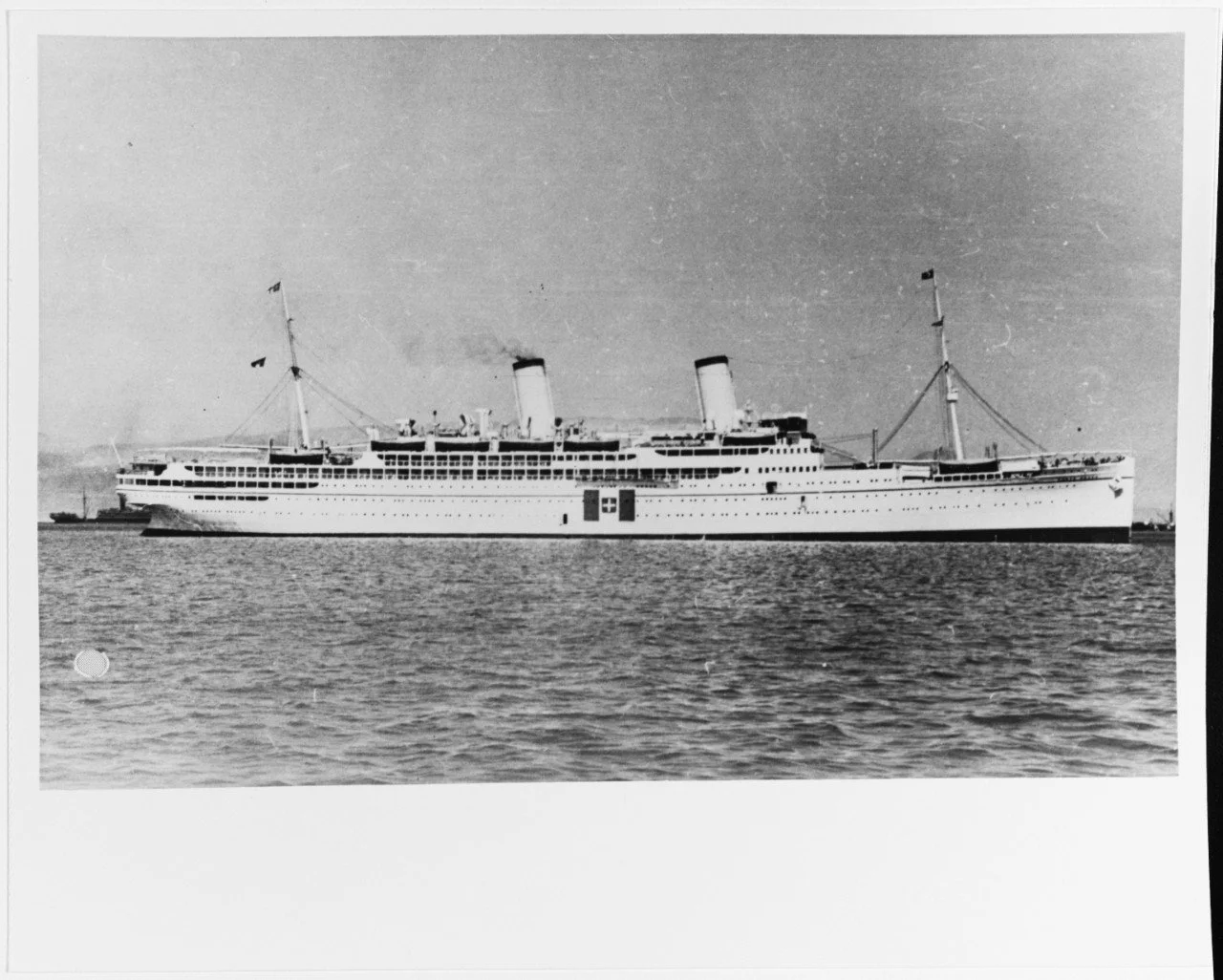This post uses Helmut Newton’s provocative memoir, Autobiography, to explore how the ocean-going liner, as a mode of transportation, informed Jewish refugees’ experiences between 1938 and 1940. What did they do during their journey onboard Shanghai-bound ships? By joining Newton on the ship, this post draws connections between Holocaust Studies and Refugee Studies to reveal the significance of these vessels as a ‘space of possibilities’ for Jewish refugee passengers.
Understanding historical and political contexts to contemporary refugee movements.
Blog Categories
Authors
A - Z
- Agnes Woolley
- Alexander Betts
- Alice Lucas & Charlotte Gallagher
- Alyssa Girvan
- Alyssa Girvan & Becky Taylor
- Amy Grant
- Anna Maguire
- Annabelle Wilkins
- Anne Gerhard
- Anne Irfan
- Antoine Burgard
- Arabella Dorman
- Arddun Arwyn
- Aydan Greatrick
- Baher Ibrahim
- Bastiaan Willems Michał Adam Palacz
- BCA’37 UK - The Association for the UK Basque Children.
- Becky Taylor
- Ben Teuten
- Benjamin Thomas White
- Benjamin White
- Benjamin Lawrance Vusumuzi R. Kumalo
- Bryan Cheyette
- Bríd Ní Ghráinne
- Calogero Giametta
- Caroline Shaw
- Charlotte Lysa
- Christian Williams
- Claire Eldridge, Christoph Kalter, and Becky Taylor
- Colin Yeo
- Crecy Boone
- Dan Stone
- David Brydan
- E. Kyle Romero
- E.E.
- Elena Fiddian-Qasmiyeh
- Elena Fiddian-Qasmiyeh & Yousif M. Qasmiyeh,
- Elisa Sandri
- Ellie Smith
- Emily Crowley
- Evan Taparata
- Fiona Barclay
- Fionntán O'Hara
- Gerawork Teferra
- Haig Smith
- Hari Reed
- Helena Lopes
- Helidah Ogude-Chambert
- Huw Halstead
- Imogen Dobie
- Ismail Alkhateeb, Irem Karabağ, Marcia C. Schenck, and Kate Reed
- Jana Lipman
- Jeff Crisp
- Jennifer Reeve
- Jochen Lingelbach
- Jordanna Bailkin
- Joy Damousi, Filippo Nelli, Anh Nguyen Austen, Alessandro Toffoli & Mary Tomsic
- Juliette Frontier
- Karen Akoka & Aubépine Dahan
- Karl Qualls
- Kate Ferguson
- Katherine Mackinnon
- Katherine Luongo
- Kathleen Commons
- Katy Budge
- Kieran Taylor
- Koen Leurs & Kevin Smets
- Laura Madokoro
- Laura Robson
- Lauren Banko
- Lisa Matthews
- Lucy Fulford
- Lyndsey Stonebridge
- Maja Janmyr
- Marcia Schenck Kate Reed
- Marta Welander
- Melissa Gatter
- Mikhal Dekel
- Muhammad Zaman
- Neil Crawford
- Niamh Hanrahan
- Nick Miller
- Nora Milch Johnsen Maja Janmyr
- Olaf Kleist
- Olof Blomqvist
- Paladia Ziss
- Paul Dudman
- Paul Collier & Alexander Betts
- Paul Dudman & Rumana Hashem
- Peter Gatrell
- Rachel Ainsworth
- Rachel Pistol
- Rachel McNally
- Rahul Balasundaram
- Rebekah Klein-Pejšová
- Refugee History
- RefugeeHistory Admin
- Rhys Crilley
- Ria Kapoor
- Ria Sunga
- Richard Mills
- Robert Carr
- Rosy Ricket
- Ryan Sun
- Samantha Knapton
- Samantha Knapton and Katherine Rossy
- Sameema Rahman
- Sana Murrani
- Sandeep Parmar
- Sara Cosemans
- Sara Cosemans & Maja Janmyr
- Sarah R. Meiners
- Shaun Hargreaves Heap
- Sinéad Murphy
- Tabea Linhard
- Tess Berry-Hart
- Tony Kushner
- Trudi Tate
- Uttara Shahani
- Vesna Lukic and Thomas Kador
- Vinh Nguyen
- Xian Jee
- Yousif M. Qasmiyeh






